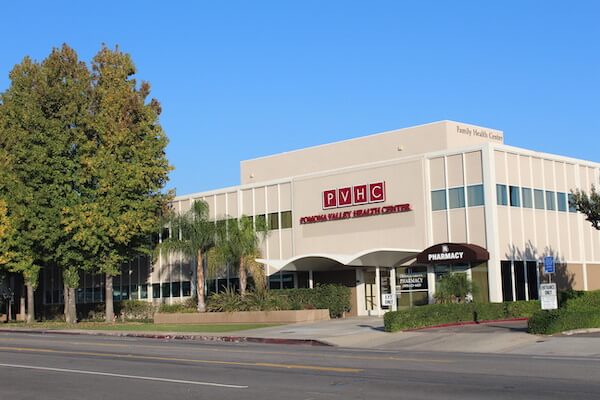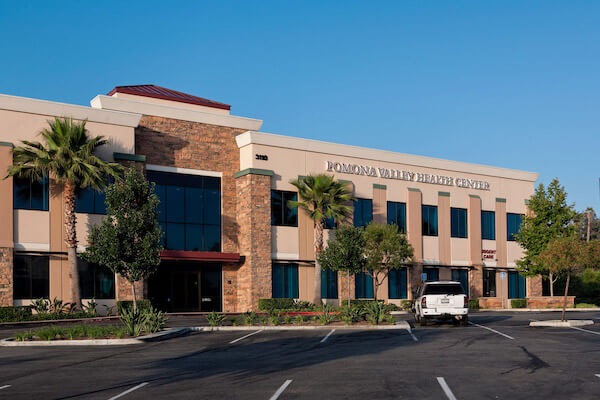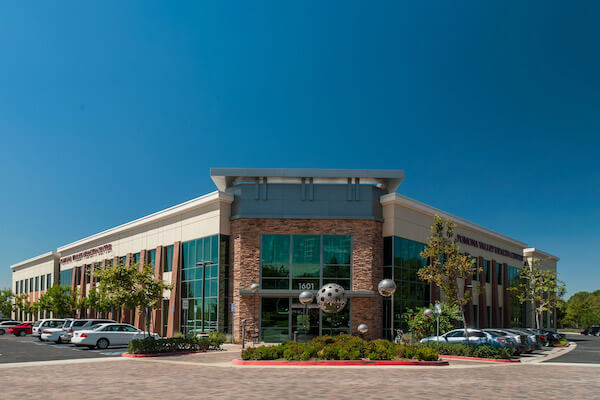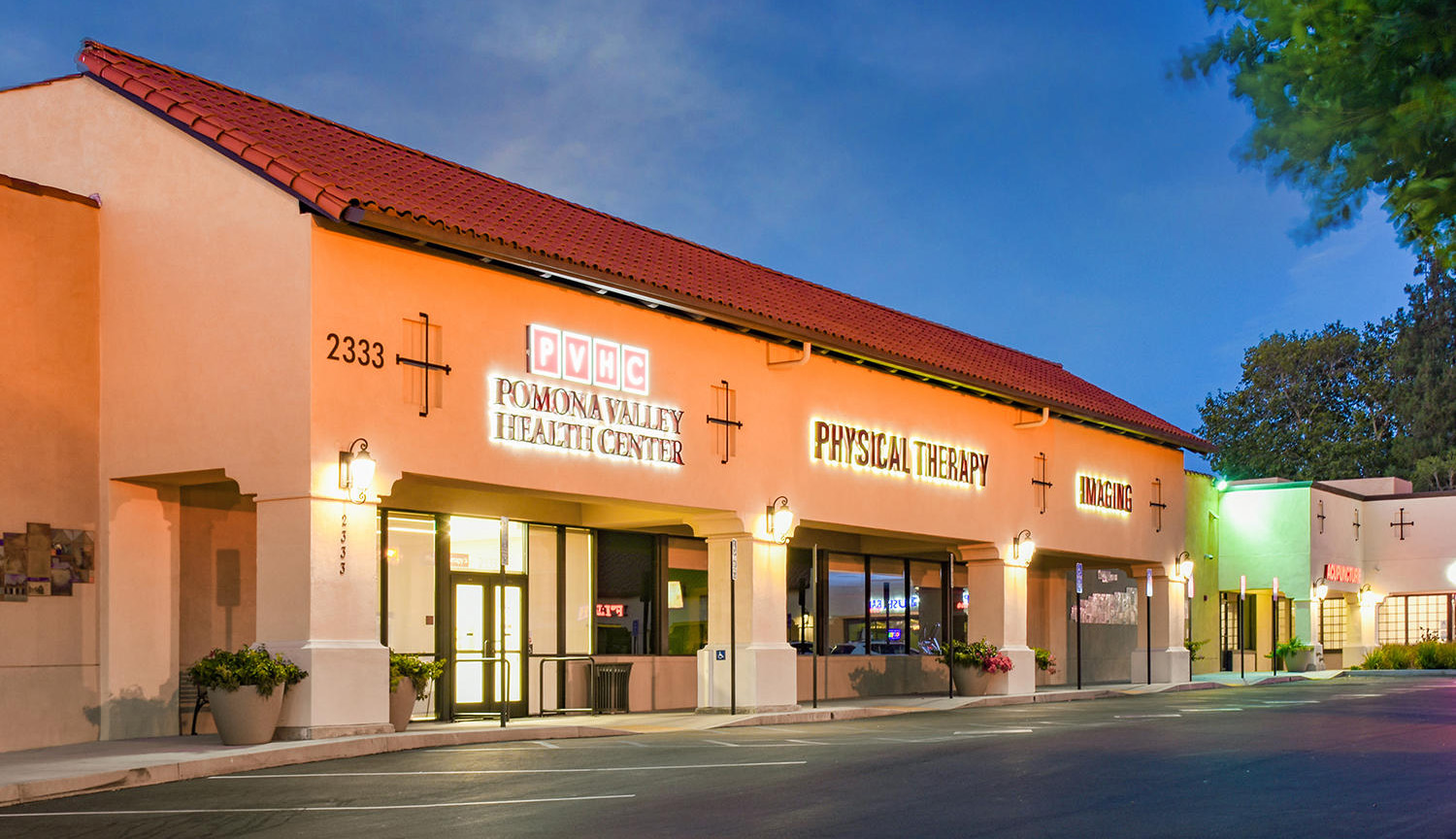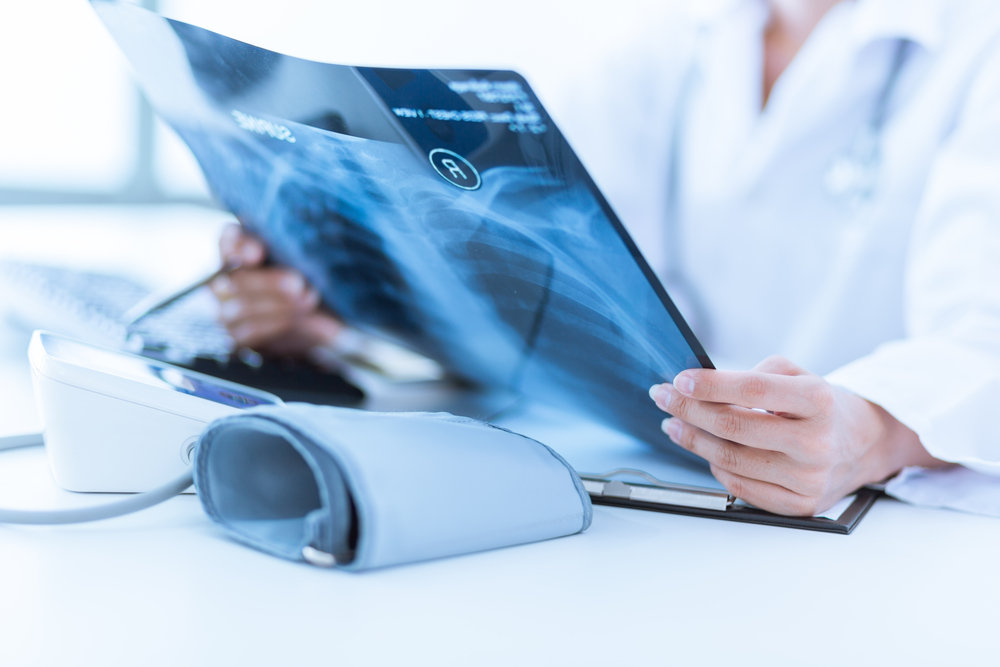
Radiology plays several crucial roles in medicine. It can be used for advanced testing and treatment, for screening and wellness, and to detect diseases and conditions. Think of radiology as a huge umbrella, with many specific technologies underneath it.
Radiology for testing and treatment
In the realm of testing and treatment, there is a wide range of radiology techniques, including, but not limited to:
- X-ray, or radiography, is used to diagnose fractured bones, detect injury or infection, or to locate foreign objects in soft tissue. Some x-ray exams employ an iodine-based contrast material to clarify the visibility of specific organs like the heart, lungs, blood vessels or tissues.
- Computed tomography (CT) creates detailed images of internal organs, bones, soft tissue and blood vessels. CT is considered by many doctors as the preferred method to detect cancer, since it can confirm the presence of a tumor and determine its size and location. In emergency cases, CT can quickly reveal internal injuries and bleeding to help save lives.
- Magnetic resonance imaging (MRI) uses a powerful magnetic field and radio waves to detect conditions such as tumors and diseases of the liver, heart and bowel. MRI may also be used to monitor an unborn child in the womb.
- Ultrasound imaging is an effective method of diagnosing unexplained pain, swelling and infection. It can provide imaging guidance for needle biopsies or evaluate conditions related to blood flow. Ultrasound is also the preferred imaging method for monitoring a pregnant woman and her unborn child.
- Mammography breast imaging uses low-dose x-rays to detect cancer early —when it is most treatable. Mammography plays a leading role in early detection, because it can show changes in the breast up to two years before you or your physician can feel them.
Radiology for screening and wellness
To evaluate the health of specific areas of the body, one or more radiology techniques are often used in combination. Radiology can accurately screen for:
- Breast cancer
- Cardiac (Heart)
- Carotid artery
- Clinical trial candidacy
- Colorectal cancer
- Lung cancer
Radiology for detecting diseases and conditions
There are dozens of diseases and conditions radiology exams can detect throughout the body. Here is just a partial list:
- Alzheimer's disease and dementia
- Anemia
- Appendicitis
- Arthritis and osteoporosis
- Blood clots and peripheral artery disease (PAD)
- Brain tumors
- Many types of cancers
- Pneumonia and chronic obstructive pulmonary disease (COPD)
- Cirrhosis of the liver, fatty liver disease and liver fibrosis
- Crohn’s disease
- Kidney and bladder stones
- Kidney failure
- Renal cysts
- Stroke
Advanced radiology services in the Inland Empire
At Pomona Valley Health Centers (PVHC) in Claremont, Chino Hills and Chino Hills Crossroads, we offer advanced digital radiology exams. From CT and DEXA scans, screening mammography and the powerful 3 Tesla MRI, we provide some of the most accurate analyses available in the area.
But radiology is just one of the areas of medical expertise we cover. Whether you need routine checkups or urgent care, total women’s health care, pediatric care, physical therapy, or other services, the caring doctors and nurses of PVHC are here for you and your family.
To schedule an appointment, call 909-630-7829 or click here to use our online form.
